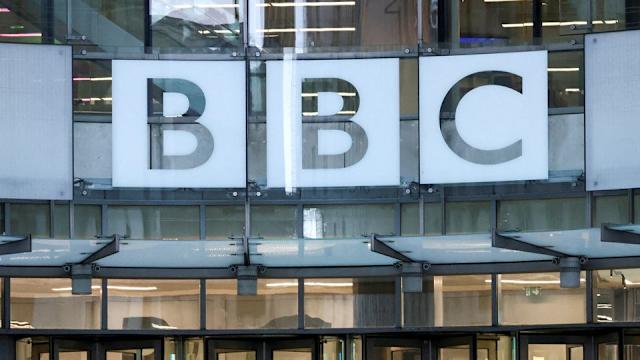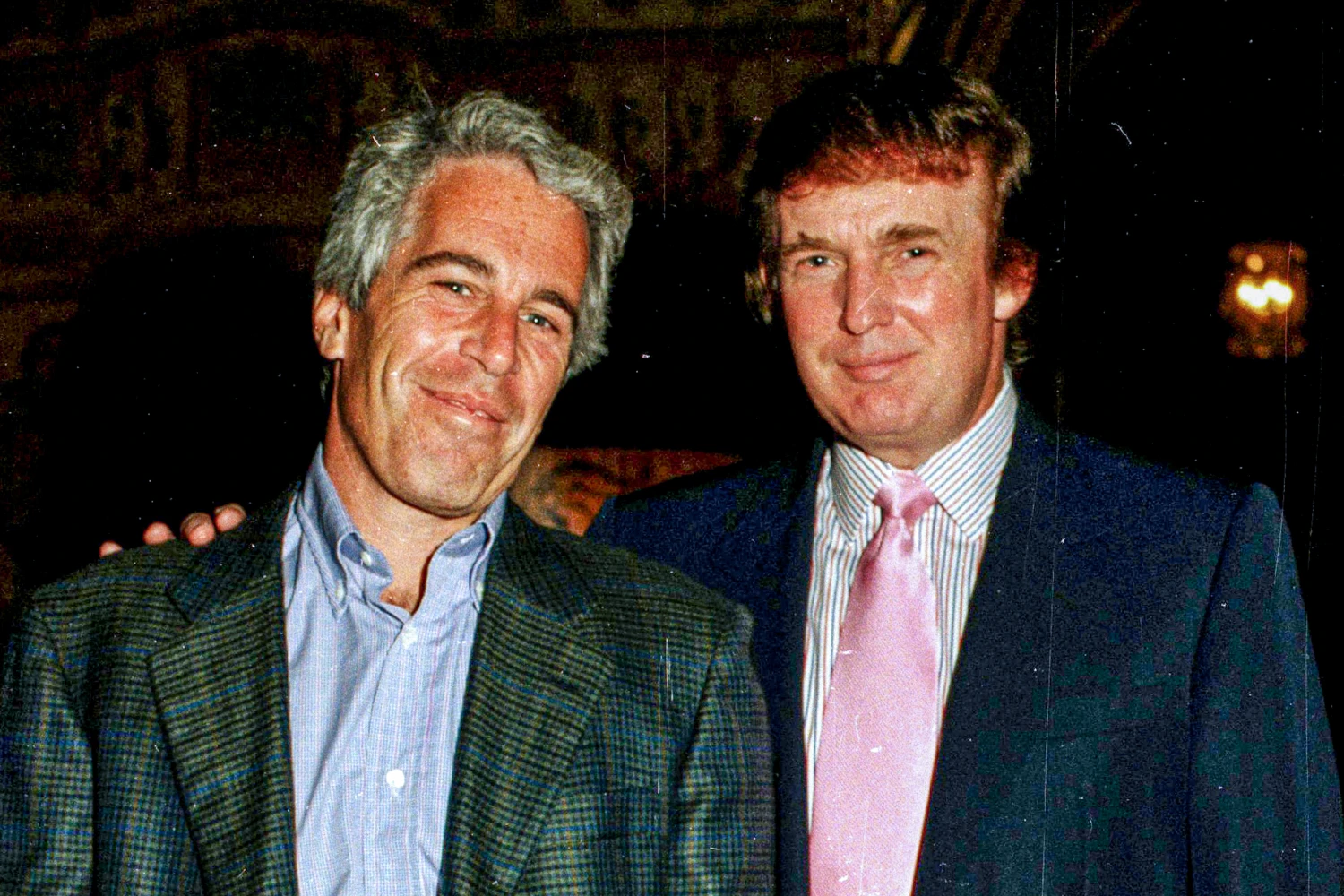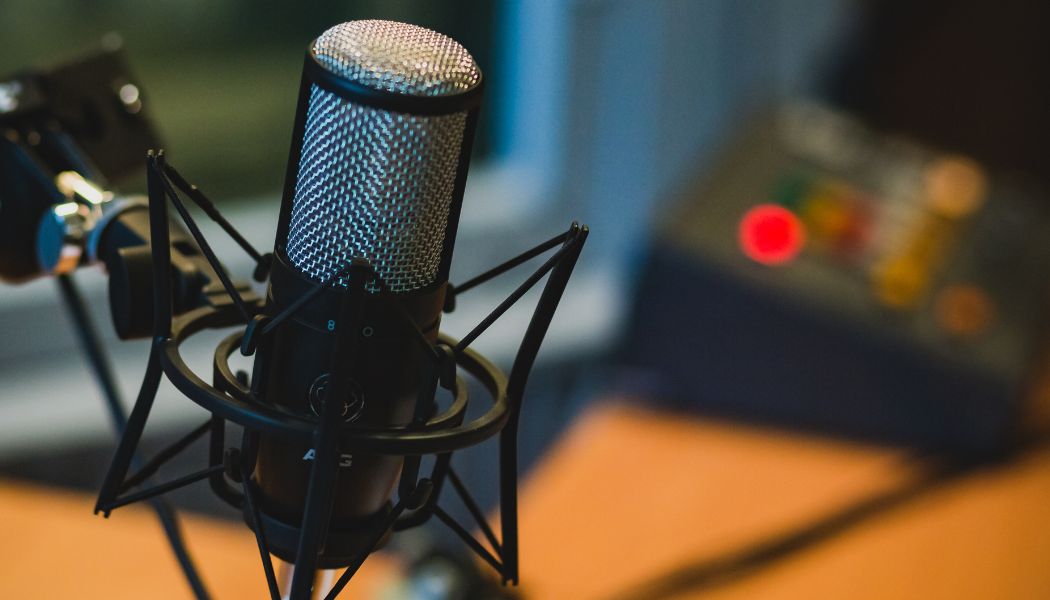Trump Accuses BBC of Defamation in $1 Billion Legal Threat
Donald Trump has reignited his long-running battle with the media. This time he is taking aim at the British Broadcasting Corporation (BBC) with a staggering $1 billion legal threat. The former U.S. president alleges that a BBC documentary unfairly edited a portion of his January 6, 2021 speech. It portrayed it as a call to violence when, he insists, it was not. The dispute stems from a 2024 film titled “Trump: A Second Chance?”, part of the BBC’s long-running Panorama series.
According to Trump’s legal team, the BBC spliced together remarks made nearly an hour apart. This created what they call a “false and malicious depiction” that damaged his reputation. They claim it also influenced the U.S. presidential election. The lawsuit draft claims the edits made Trump appear to incite the Capitol riot, despite his original speech containing language urging supporters to act “peacefully and patriotically.”
Trump, speaking in a recent television interview, said he had a “moral obligation” to pursue the lawsuit to defend the truth. The BBC, already under intense scrutiny for alleged editorial missteps, faces one of its most serious crises in decades. The controversy comes at a time when public broadcasters across the world are grappling with accusations. They face bias and the rapid erosion of public trust in traditional media institutions.
The BBC’s Royal Charter guarantees its independence from the government. However, its funding structure—supported by a compulsory license fee of £174.50 ($299) per household—has long been controversial. Any substantial legal payout to Trump could strain the organization’s $7.8 billion annual budget. Further, it could heighten political debates over its future.
Inside the Editing Scandal and BBC’s Internal Fallout
The controversy escalated when a leaked internal memo revealed that BBC editors had stitched together segments of Trump’s 2021 speech recorded nearly 54 minutes apart. Critics argue this creative editing distorted his message and misled viewers. In a letter to the U.K. Parliament, BBC Chair Samir Shah acknowledged an “error of judgment.” He conceded the edit “gave the impression of a direct call for violent action.”
The internal memo, written by former editorial adviser Michael Prescott, accused the BBC of broader issues of bias. This ranged from its Middle East coverage to its reporting on gender identity. Following the leak, public pressure mounted. Within days, BBC Director-General Tim Davie and BBC News Chief Executive Deborah Turness both resigned. They cited the need to “protect the integrity of the institution.”
In their statements, both leaders admitted “mistakes were made” but denied institutional bias. The fallout has triggered an internal review of editorial standards and renewed calls for the BBC to enhance transparency. They focus on how it handles politically sensitive material.
Analysts note that the case underscores growing skepticism toward legacy media organizations. The BBC has long been regarded as a trusted global news source. However, the incident has reignited questions about impartiality and the responsibility of publicly funded media in polarized societies. The broadcaster’s public service mandate—to inform, educate, and entertain—is being tested as never before.
To understand more about the BBC’s global role and editorial mission, readers can explore its official history y editorial guidelines. These outline its standards for accuracy and impartiality.
Legal and Political Implications of Trump’s Lawsuit
Trump’s threat to sue the BBC for $1 billion in damages has sent shockwaves through both media and political circles. His lawyer’s letter demands the retraction of the documentary, a formal apology, and financial compensation. They describe it as “reputational and financial harm.” The BBC has until Friday at 5 p.m. ET to respond.
Legal experts point out that Trump’s case faces significant hurdles, since the documentary aired in the U.K. Defamation laws differ from those in the U.S., where free speech protections under the First Amendment make such cases difficult to win. However, Trump’s team plans to file the case in Florida. Here, the statute of limitations is two years—longer than in most jurisdictions.
Under U.S. law, Trump will need to prove not only that the edit was misleading but that it caused measurable damage to his reputation among the public. Some analysts believe the $1 billion figure is more symbolic than realistic. It is meant to draw attention and deter future perceived media misrepresentation.
In recent years, Trump has pursued or threatened similar actions against American networks such as ABC News y CBS News. The reported settlements range from $15 million to $16 million. Yet the BBC, with its public mandate and lack of commercial dependence, may be less inclined to negotiate.
If Trump proceeds with the lawsuit, it could set a precedent in transatlantic media law. This could potentially influence how international broadcasters handle politically charged content. Meanwhile, the controversy adds another chapter to Trump’s combative relationship with global media. This is a dynamic that continues to shape both his political brand and the ongoing debate about press freedom in democratic societies.






